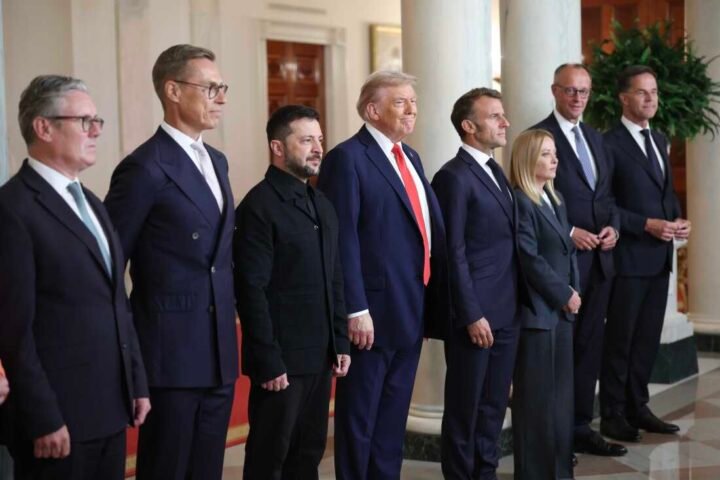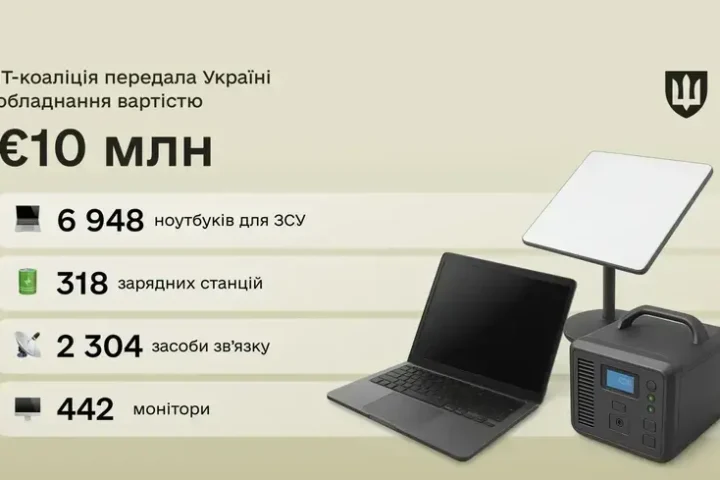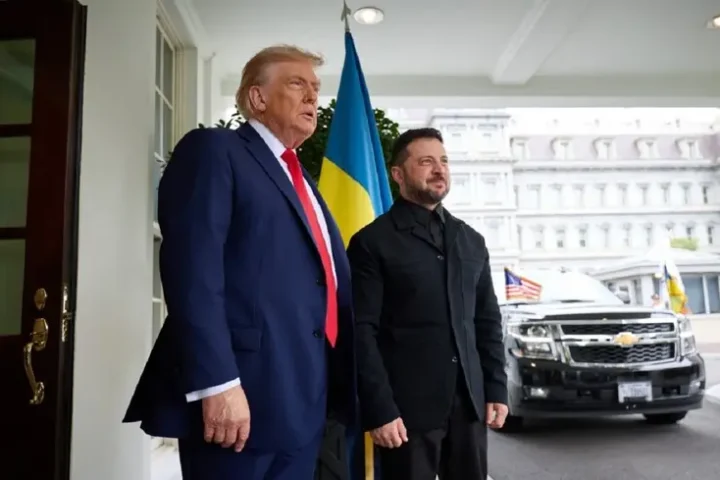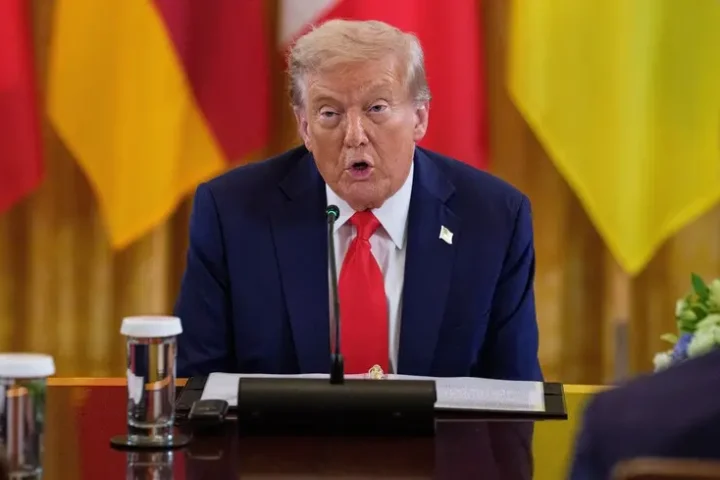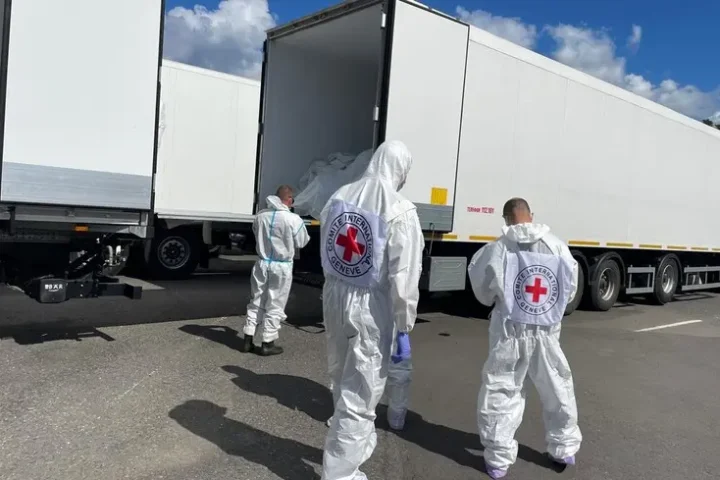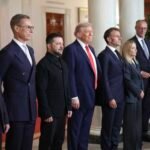Amid the ongoing war initiated by Russia against Ukraine, narratives suggesting Ukraine’s “inevitable” defeat are becoming increasingly frequent. However, leading U.S. politicians — notably Republican Senator Lindsey Graham — firmly reject these claims, identifying them as deliberate elements of the Kremlin’s disinformation strategy.
Disinformation as a Weapon
In his recent statement, Graham clearly asserted that defeatist rhetoric regarding Ukraine is not merely misinformation — it is a targeted component of Russia’s information warfare, designed to undermine Western unity and erode public support for continued military assistance to Kyiv. According to Graham, Moscow is banking on Western fatigue — but instead, the opposite is happening: the West is consolidating, not wavering.
Military Situation: Facts Counter Kremlin Narratives
The operational reality on the front lines contradicts claims of strategic defeat. According to Graham, Ukrainian forces have held their positions over the past year, despite sustained pressure from Russian troops. This fact alone stands as a powerful counterargument to the myth of Ukraine’s collapse. Rather than retreat or failure, Ukraine’s defense reflects a prolonged campaign of resilience and adaptability.
Western support remains critical. U.S. senators from both parties have demonstrated rare bipartisan unity in backing Ukraine. The Senate is currently preparing a series of new initiatives, including a briefing with Ukrainian representatives to discuss upcoming steps in military and economic assistance.
Economic Front: Targeting the Aggressor’s Resources
Senator Graham also outlined the necessity of revising the global sanctions framework — particularly through lowering the price cap on Russian oil, a move aimed at significantly reducing the Kremlin’s financial capacity to sustain the war. In addition, he advocates for stronger sanctions on China if it continues to support Russia militarily or technologically.
Graham’s proposal reflects a strategic shift in the U.S. sanctions policy: it now seeks not only to contain Russia, but also to prevent the formation of an “anti-Western bloc” on the global stage.
Peace Talks: Diplomacy as a Battleground
The senator also warned that Russia views peace negotiations not as a genuine path to resolving the conflict, but as a delay tactic — a strategy it has used repeatedly. Ukraine, in contrast, has expressed readiness for authentic peace based on respect for sovereignty and territorial integrity.
In this context, the U.S. approach remains strategically consistent: Washington supports Kyiv militarily, while also leveraging economic and diplomatic tools as part of a comprehensive deterrence strategy against Russian aggression.
Geopolitical Responsibility and Information Integrity
Senator Graham’s statements go beyond domestic politics — they underscore that U.S. policy on Ukraine is grounded in an understanding of a global challenge. Russian aggression is not a regional issue — it is a stress test for the unity of Western alliances and values.
Therefore, the rhetoric about Ukraine’s defeat is not only false, but also dangerous. It serves the Kremlin’s goals and undermines trust in democratic cohesion. On the contrary, facts, leadership statements, and international actions point to a different reality: Ukraine holds the line, and the world is prepared to continue supporting its fight for freedom and security.

